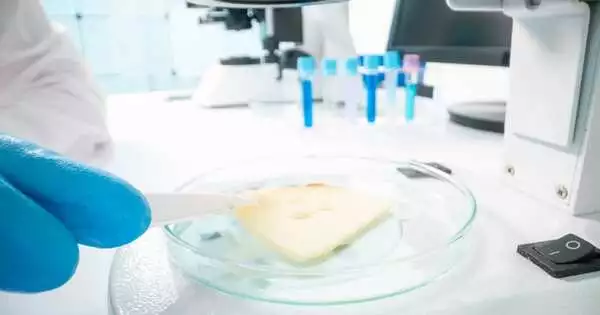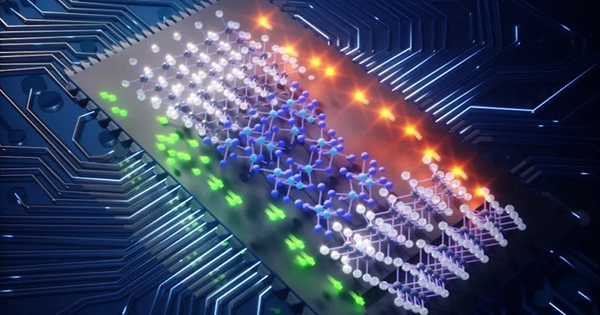Precision fermentation is a new technology that is transforming the manufacturing of a variety of products, particularly in the food and agriculture industries. It is a method of producing specific functional products that aims to reduce the production of unwanted by-products by using synthetic biology, specifically by generating synthetic “cell factories” with engineered genomes and metabolic pathways optimized to produce the desired compounds as efficiently as possible with the available resources.
It entails employing genetically modified microbes, often yeast or bacteria, to efficiently and precisely create specified molecules or substances. It enables precise control of microbial organisms in order to manufacture desired goods. It is possible to make these bacteria produce specific substances more effectively by changing their genetic code.
Precision fermentation of genetically engineered microbes may be utilized to produce proteins required for cell culture media, resulting in serum-free cell culture media in the cultured meat manufacturing process. According to a 2021 publication, photovoltaic-driven microbial protein synthesis might require ten times less land for an equivalent amount of protein than soybean farming.
Applications
- Food: It can be used to produce a wide range of food products, including alternative proteins, enzymes, and flavor compounds. Companies are using it to develop meat substitutes, dairy alternatives, and other innovative foods.
- Pharmaceuticals: It’s used in the pharmaceutical industry to produce drugs and therapeutic proteins. This technology can lower production costs and increase the availability of life-saving medications.
- Chemicals: It can also be applied to produce various chemicals, including biofuels, fragrances, and industrial enzymes, which can have environmental benefits by reducing reliance on fossil fuels.
Environmental Benefits
Precision fermentation is frequently regarded as more environmentally friendly than traditional ways of production. It has the potential to lessen the environmental impact of agriculture, such as land utilization, water use, and greenhouse gas emissions.
This technology enables product customisation to satisfy specific needs. In the food business, for example, it can be utilized to generate plant-based meats that taste and feel like traditional meat products.
Challenges
While precision fermentation has numerous advantages, it also has certain drawbacks. Regulatory challenges, public perception and acceptance of genetically modified organisms (GMOs), and the need for ongoing research and development to enhance processes and maintain safety are among them.
Future Outlook
Precision fermentation is projected to grow as a revolutionary technology with applications across multiple industries. It has the potential to drastically alter how we produce and consume food, medicine, and chemicals.
Overall, precision fermentation is a promising and fast expanding discipline that has the potential to address many of the issues associated with traditional manufacturing processes while also opening up new avenues for product creation and sustainability.
















